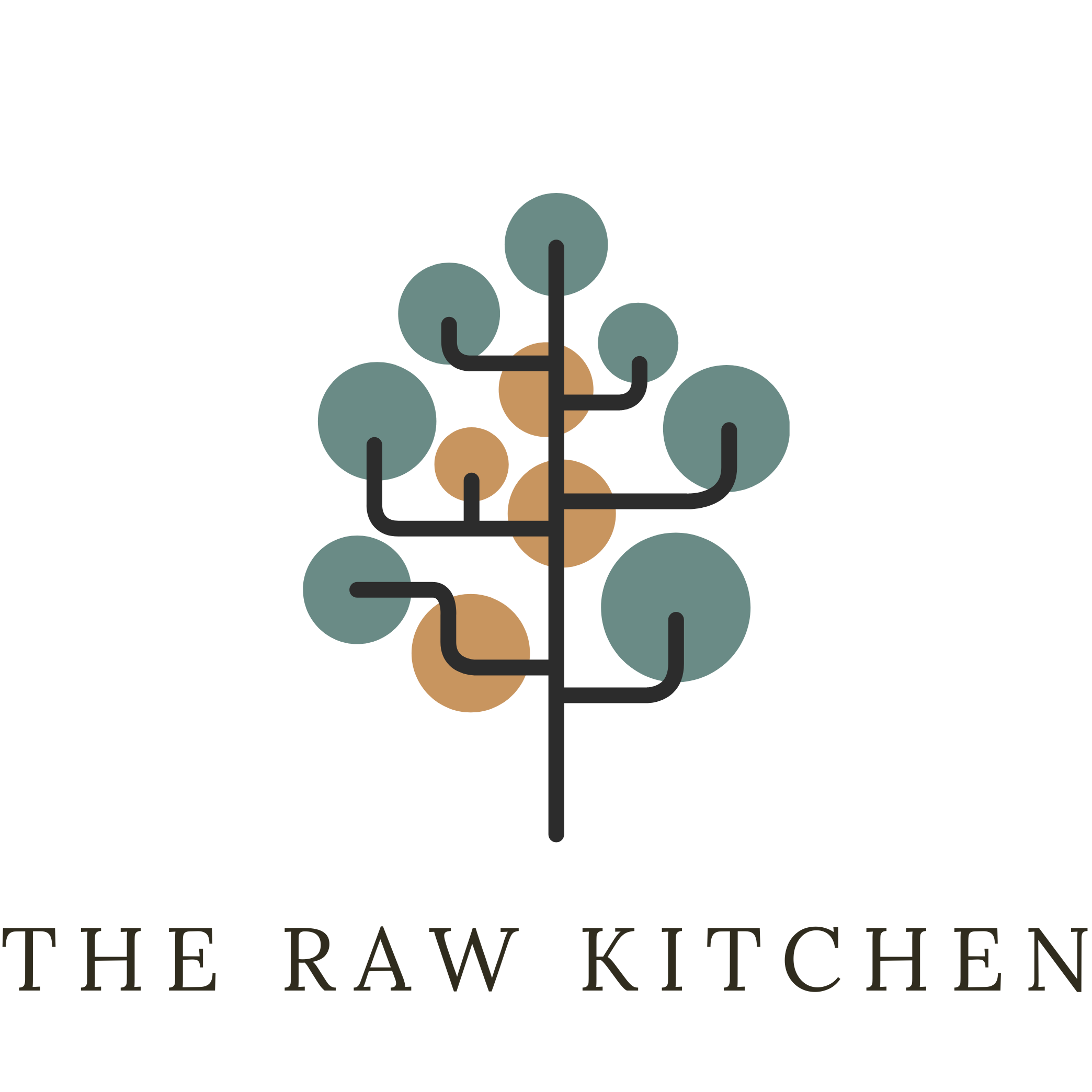
Are sugar substitues a good alternative to sugar?
In our journey towards healthier eating habits, the question often arises of how to sweeten our foods while reducing our intake of refined sugar due to its impact on our health. Sugar substitutes, including artificial sweeteners, natural sweeteners, and raw honey, offer alternatives, each with their own set of benefits and drawbacks. Understanding these can help us make informed decisions about our dietary choices.
Regular Sugar: A Double-Edged Sword
Regular sugar, while providing instant energy and sweetness, can lead to weight gain, blood sugar spikes, and an increased risk of chronic diseases when consumed in excess. Its abundance in processed foods has made moderation difficult, pushing many to seek alternatives.
Artificial Sweeteners: Zero Calories, But at What Cost?
Artificial sweeteners like aspartame and sucralose have been praised for their ability to sweeten without adding calories, making them attractive for weight loss and diabetes management. However, their safety has been a topic of debate. Some studies have raised concerns about their potential link to an increased risk of certain cancers, though research is ongoing and regulatory agencies like the FDA have deemed them safe for general consumption within specific limits. There has also been research to show that artificial sweeteners can still affect insulin levels and may not reduce weight as once thought, despite being lower in calories (this is a bigger topic with too much detail to include). The possibility of such health risks suggests that moderation is key.
Sugar Alcohols and Natural Sweeteners: A Gentler Alternative
Sugar alcohols and natural sweeteners such as stevia and monk fruit offer a middle ground, generally recognised as safer and less likely to impact blood sugar levels as significantly (although like artificial sweeteners, they may still affect them negatively). However, they can sometimes cause digestive issues in sensitive individuals and, like artificial sweeteners, may not satisfy everyone's sweet tooth in the same way sugar does.
Raw Honey: Nature's Sweetener with Benefits
Raw honey stands out due to its natural origins and health benefits, including antioxidants, enzymes, and antibacterial properties. It offers a more nutritious alternative to sugar, with the potential to support immune health. However, it's still a form of sugar at its core, carrying similar risks when consumed in excess, particularly for those with diabetes or those watching their calorie intake. Thankfully, raw honey does not impact blood sugar levels the way other processed sugars do and is often a safer alternative for those with diabetes when consumed in moderation.
Balancing Sweetness with Health
Choosing between sugar, its substitutes, or raw honey involves balancing the desire for sweetness with health considerations. While substitutes can help reduce calorie intake and manage blood sugar levels, they're not free from drawbacks. Raw honey provides a more natural alternative with additional health benefits but still should not be overconsumed.
The key to incorporating these sweeteners into a healthy diet lies in moderation and variety. Understanding the benefits and limitations of each option allows for more informed choices, supporting overall health without forgoing the pleasures of sweetness. Always consider personal health conditions and consult with a healthcare provider to tailor dietary choices to your specific needs and health goals.



Leave a comment
This site is protected by hCaptcha and the hCaptcha Privacy Policy and Terms of Service apply.